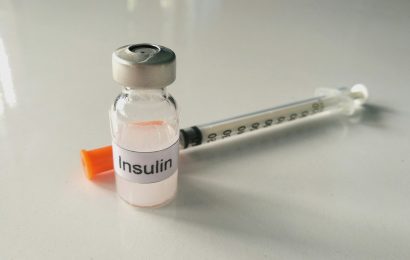I may have mentioned last week that the month of June was mostly overcast and rainy — I think we maybe had three days of sunshine. As a result of everything being wet and damp, I’ve noticed that a lot of mushrooms have sprung up on my lawn, some big, some little. It got me thinking about mushrooms and the fact that the health benefits of edible mushrooms tend to be overlooked by most people. In fact, I’d guess that most of you didn’t know that mushrooms have quite a bit to offer in terms of nutrition and health. But first, a few mushroom facts:
- Mushrooms are a fungus, not a vegetable. They are a living organism that has no roots, seeds, or leaves.
- Mushrooms were so revered by the ancient Egyptians that “commoners” weren’t allowed to eat them, only royalty. Other ancient cultures in Greece, China, and Mexico had rituals involving mushrooms, and mushrooms have been used for centuries for medicinal purposes.
- Edible mushrooms were likely first cultivated in China and were brought to the U.S. in the 19th century.
- In 1990, Congress passed the Mushroom Promotion, Research, and Consumer Information Act to help solidify the mushroom’s position in industry and to develop new markets and uses for this fungus. In 1993, the Mushroom Council was created and is still going strong today.
- Pennsylvania is responsible for producing about 45% of the mushrooms grown in this country.
- There are over 38,000 varieties of mushrooms, with more than 3,000 grown in North American alone. Some are safe and some are toxic.
Health and Nutrition Benefits
Can this rubbery little fungus really provide anything of value in terms of health? The answer is yes. Certain varieties of mushrooms may offer more than others but in general, mushrooms are:
Low in calories. For example, one cup of sliced, white mushrooms (the kind you commonly see in the grocery store) contains only 15 calories (!), 2 grams of carbohydrate, 2 grams of protein, and 0.2 grams of fat. Think of how much you’d have to eat to come close to gaining weight or raising your blood glucose.
Mushrooms are definitely a dieter’s delight. In fact, a study done at Johns Hopkins Weight Management Center set out to prove just that. In this study, subjects were randomly given meals with either ground beef or mushrooms in dishes such as lasagna, sloppy joes, and chili over the course of four days. The beef-fed group consumed roughly 400 more calories and 30 more grams of fat per day compared to the mushroom group. And, the people in the mushroom group reported that their meals tasted good and were filling. They also didn’t compensate for the difference in calories by eating more food later on. Data from the Third National Health and Examination Survery estimates that if you consistently substituted a 4-ounce Portabella (a type of mushroom) burger for a 4-ounce grilled hamburger over the course of a year, you’d save more than 18,000 calories and 3,000 grams of fat, equal to about 5 pounds or 30 sticks of butter.
Low in sodium. One cup of the sliced, white mushrooms mentioned earlier contains only 3 milligrams of sodium. Most of us are eating more than twice as much salt and sodium as we should (sodium is a component of salt): According to recent data from the Centers for Disease Control, Americans consume, on average, about 3,500 milligrams of sodium per day. Almost 70% of Americans are in groups at especially high risk from too much sodium (such as African-Americans and those with high blood pressure) and could definitely benefit from consuming closer to 1,500 milligrams per day. There are a lot of ways to slash the sodium, but one way is to use mushrooms, especially in place of higher-sodium foods. Incorporate mushrooms into salads, use them as a snack or an appetizer, or include them in casseroles and stir-fries.
High in potassium. Potassium is needed to regulate fluid and mineral balance, prevent and control blood pressure, and make sure that the nerves and the heart function properly. Mushrooms vary in their potassium content, depending upon the variety, but generally contain between 267 and 400 milligrams per serving. The recommended daily intake for potassium is 3,500 milligrams per day for adults.
More on mushrooms next week!




